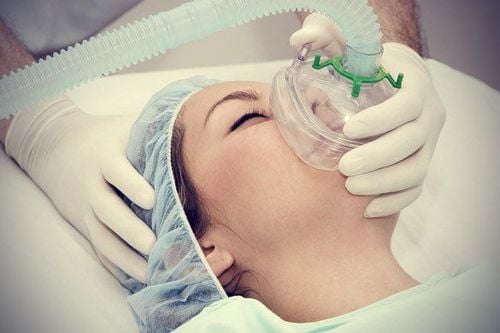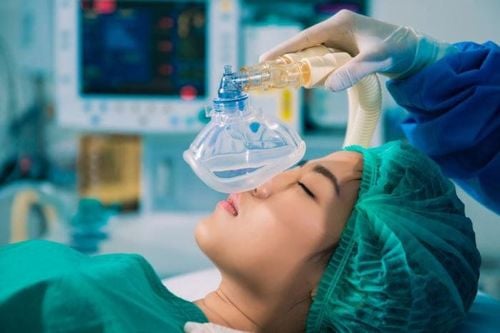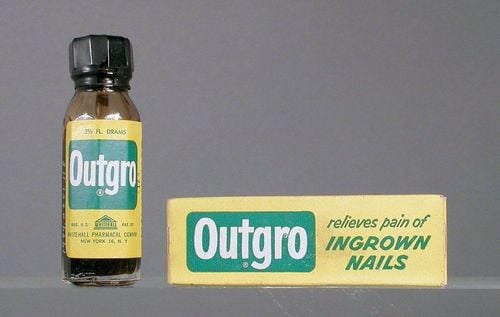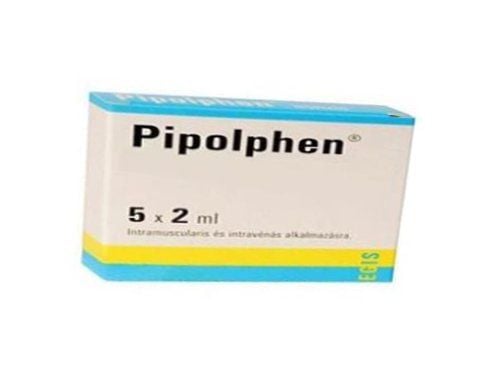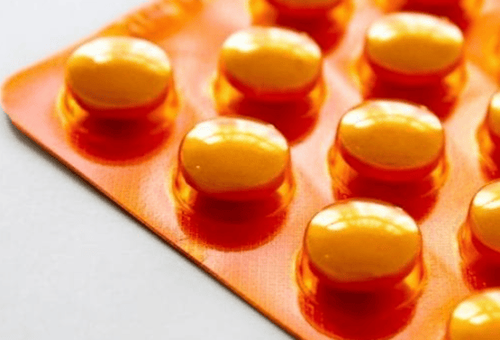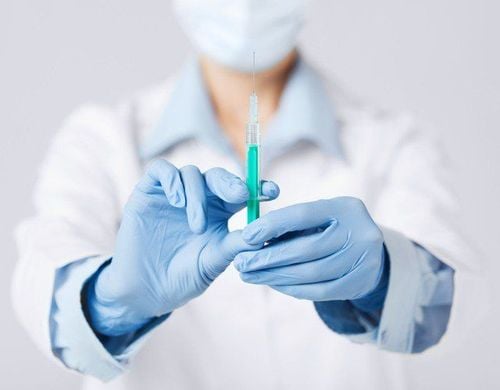This is an automatically translated article.
The article is professionally consulted by Specialist Doctor I Ho Quoc Tuan - Anesthesiologist - General Surgery Department - Vinmec Nha Trang International General Hospital.
Anesthesia can affect a child's nervous system. This affects learning and behavioral problems such as attention deficit hyperactivity disorder (ADHD). However, studies still have many holes, so there are no firm conclusions about the effects of anesthesia on the brain of children.
1. Does anesthesia affect the child's nervous system?
The "Anesthesia Before Age 3 Linked to Later Mental Problems" study is based on data from nearly 2,900 children in Australia, followed by scientists from before birth. Of these, 321 children had medical procedures requiring general anesthesia before the age of 3 years, another 2,287 children were not exposed to anesthetics.
When the children were 10 years old, researchers tested their ability to learn, think, remember, reason, use language, behavior and psychological problems such as depression or agitation.
From the study, scientists have concluded:
Children who have received anesthesia are twice as likely to have language disabilities than children who do not have anesthesia. In particular, it increases the risk of children having difficulty hearing and remembering spoken words. Anesthesia also increased the risk of a child having difficulty in abstract reasoning by 73%. Anesthetizing children repeatedly increases the risk of health problems. The researchers found no link between anesthesia and problems with behavior or concentration.
SEE ALSO: Anesthesia for intubation in young children

2. Unanswered Questions in Research
The study left many important questions unanswered because:
Scientists were not able to see the children's medical records so they could not know the drugs used or the timing of anesthetic procedures. The drug most commonly used for anesthesia in children during the years studied was halothane, which was discontinued. As anesthesiologists have speculated, newer halothane alternatives work the same way, so the study's results are probably still relevant. However, it is very likely that the cause of the child's nervous system damage is not entirely due to the anesthetic. In cases where children undergoing dental procedures are exposed to nitrous oxide, a neurotoxic substance. That could be a cause.
Animal studies show that anesthetics can speed up cell death and may prevent the developing brain from making important connections between nerve cells. However, the evidence in humans is more difficult to determine.
MORE: Side effects of anesthesia in children
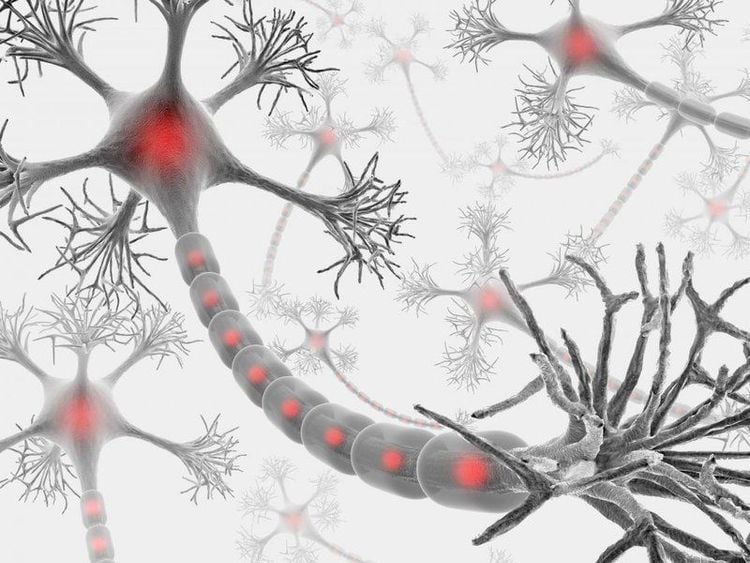
3. Advice for parents whose children are about to undergo surgical anesthesia
Before making a decision to anesthetize a child, parents need to weigh the risks encountered and the child's medical condition. If the condition is critical, there is no other way, the child needs to be operated on with as short an anesthetic as possible. With minor procedures, other options parents may have are:
Talk to the doctor about whether minor surgery can be delayed until the child is older (at least 3 years old). Ask your doctor if you can have a regional anesthetic instead of a general anesthetic. Some procedures, such as surgery for an inguinal hernia, can numb the area. You should also ask about the type of anesthetic used. In general, single-acting, short-acting anesthetics usually don't cause problems.
In order for the child to be less worried, parents should reassure the child mentally, make sure the child that parents will be right next to the operating room and be right next to when the child wakes up. This will help the child feel secure to perform anesthesia to conduct surgery.
Vinmec International General Hospital is one of the hospitals that strictly applies safe surgical anesthesia practice standards according to international guidelines. Vinmec has a team of experienced anesthesiologists and nurses, modern equipment such as: nerve detectors, ultrasound machines, Karl Storz's difficult airway control system, comprehensive anesthesia monitoring system GE's AoA (Adequate of Anesthesia) including monitoring of anesthesia, pain and muscle relaxation will provide high quality and safety, helping patients to have adequate anesthesia, not wake up, and do not have residual muscle relaxants after surgery.
Vinmec Health System is also proud to be the first hospital in Vietnam to sign with the World Anesthesiology Association (WFSA) towards the goal of becoming the safest hospital for surgical anesthesia in Southeast Asia. Therefore, parents can feel secure and confident when giving anesthesia to their children at Vinmec.
Please dial HOTLINE for more information or register for an appointment HERE. Download MyVinmec app to make appointments faster and to manage your bookings easily.
Reference source: webmd.com





